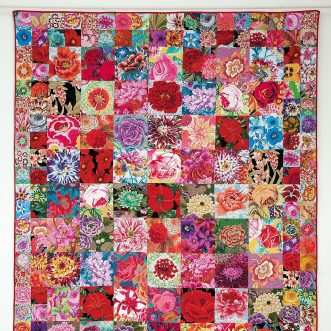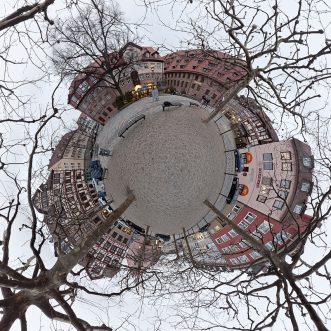July 18, 2023
Today seemed like a good day to revisit this blog post, inspired four and a half years ago, by Seth Godin:
“In the last fifty years, thanks to Deming and Crosby and others, we’ve gotten significantly better at creating perfect outputs that don’t rely on heroism and luck. Design a better system, you’ll get better outputs.
I’m grateful every day for the nearly invisible perfect things that I count on… but, and I feel spoiled to say this, I take the perfect for granted.
I’m way more interested, and spend far more time and money on the imperfect things, the things that might not work, the ideas and services and products that dance around the edges.”
I agree. Over time, the perfection of processes has freed ever more of us up to spend ever more time on the interesting, edgy things – telling stories instead of fetching water, making art instead of travelling for days on end, discovering new things instead of cooking, connecting with and trusting strangers instead of only dealing with people we already know.
But I also disagree with Seth’s implication that you can only have one or the other, perfect process or interesting edge, invisible clockwork or flesh and blood.
For me the fascinating challenge is to how to combine both.
How do you put enough process in place to make sure that what should be invisible stays invisible, without restricting the free exploration that discovers new edges?
How do you ensure that clockwork-like perfection supports and enables flesh and blood to dance around the edges, making things more human, more emotional, more daring?
If a process framework is like a musical score, how do you make it more jazz than classical?
I didn’t have a perfect answer, then, and I don’t now, but I am getting closer.
- It’s about defining a floor (even better, a springboard), ‘the least that should happen’, along with strict guardrails – your Unbreakable Promises, that constrain possible actions to what fits with your Promise of Value.
- It’s about defining ‘what’, not ‘how’.
- It’s about maps, not GPS tracking.
- It’s about embracing uncertainty for its potential upside, while making sure any downside won’t kill you.
- It’s about automating drudgery, to free humans to be human, and play.
Above all, its about giving human beings the context, the tools and the authority to think for themselves and take the consequences, good as well as bad.
It’s about freedom. Freedom that recognises every other’s right to the same.
Discipline makes Daring possible
Ask me how.










